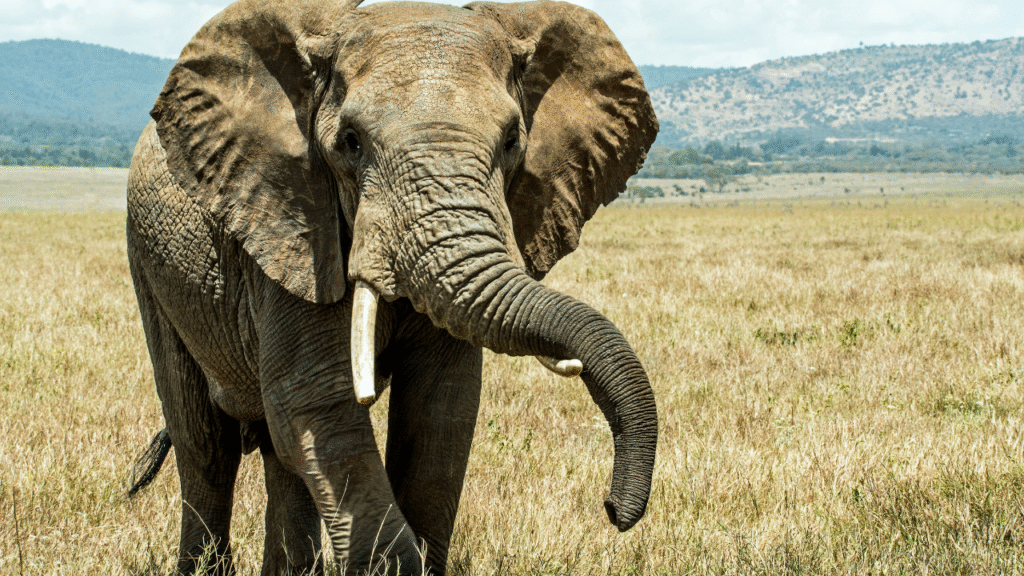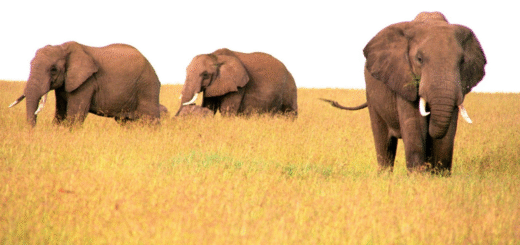Why Elephants Are Considered Earth’s Gardeners: The Unsung Heroes of Nature
When you think of a gardener, you might imagine someone gently planting flowers, watering soil, or pruning trees. But in the wild, some of the most effective gardeners on Earth weigh up to 6,000 kilograms — and they have trunks, tusks, and ears the size of car doors. These are elephants — nature’s original landscapers and ecological engineers.

The Role of Elephants in Shaping Ecosystems
Elephants aren’t just passive dwellers of their habitats. They actively shape their environment in ways that support biodiversity and long-term ecosystem health. This unique behavior has earned them the nickname “Earth’s Gardeners.” Here’s why:
1. Seed Dispersal Champions
Elephants are among the most effective seed dispersers in the animal kingdom. Many plants rely on their seeds being eaten and excreted to grow far from the parent tree. Since elephants travel long distances and eat a variety of fruits, they help spread seeds over wide areas.
Some seeds even germinate better after passing through an elephant’s digestive tract, thanks to the natural scarification process.
2. Creating Forest Gaps for New Growth
As elephants move through forests, they knock over trees and trample vegetation. While this may seem destructive, it’s actually beneficial. By creating gaps in the canopy, sunlight reaches the forest floor, encouraging new plants to sprout.
This natural pruning allows forests to regenerate, fostering a more diverse range of plant life.
3. Digging for Water: Life in Dry Seasons
In dry savannas, elephants dig deep holes with their tusks and trunks to access underground water. These mini-wells not only save them during droughts but also provide drinking water for other animals like birds, antelope, and even predators.
This behavior literally brings life to barren landscapes.
4. Fertilizing the Soil Naturally
An elephant can defecate up to 16 times a day, and their dung is a powerhouse of nutrients. It contains seeds, digested plant matter, and organic material that enriches the soil.
Dung beetles and other insects use this material to build homes and lay eggs, which in turn supports the food chain.
5. Maintaining Grassland Health
In grassland ecosystems, elephants control the spread of woody plants. They feed on small trees and shrubs, preventing these plants from overtaking open areas. This behavior maintains a balance between forests and grasslands, allowing different species to thrive.
The Elephant’s Decline = A Threat to Biodiversity
Unfortunately, due to poaching, habitat loss, and human-elephant conflict, elephant populations are declining rapidly. Their disappearance would not just be a tragedy for the species but a catastrophe for the ecosystems they maintain.
Without elephants, many plant species would fail to regenerate, other animals would lose vital water sources, and the delicate balance of nature would be disrupted.
Conclusion: Protecting Earth’s Gardeners Is Protecting Ourselves
Elephants are more than just awe-inspiring animals — they are critical players in maintaining the health of the planet. Calling them “Earth’s Gardeners” is not poetic exaggeration; it’s a scientific truth.
Conserving elephant populations means preserving forests, savannas, and the intricate web of life they support. In protecting them, we protect ourselves — and the future of the Earth’s natural landscapes.








